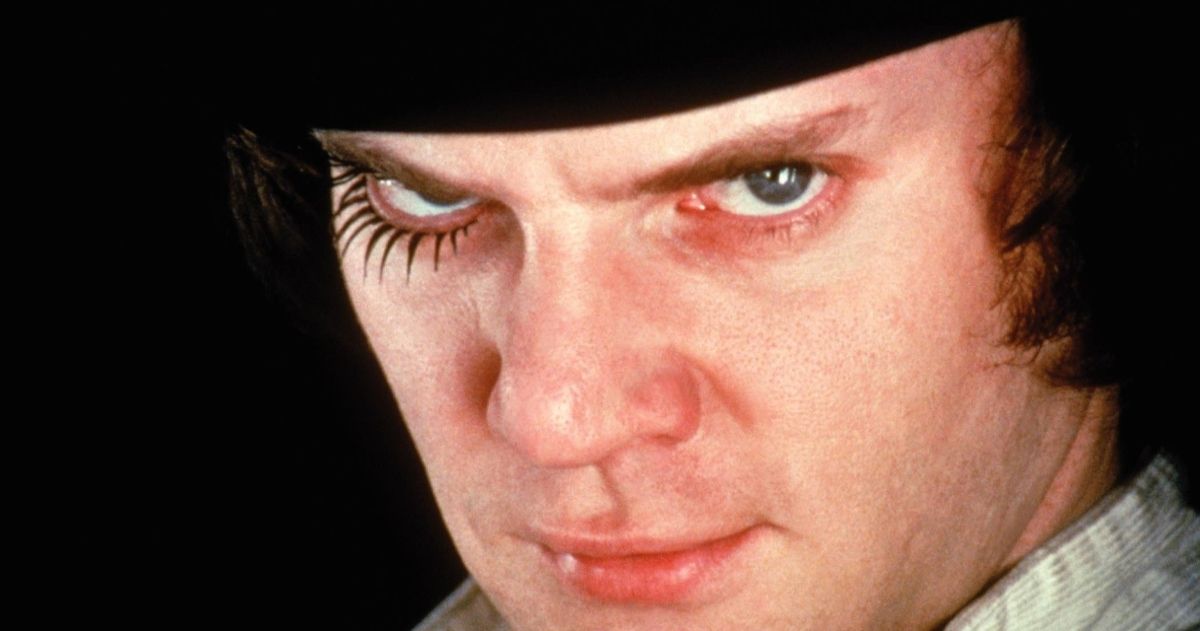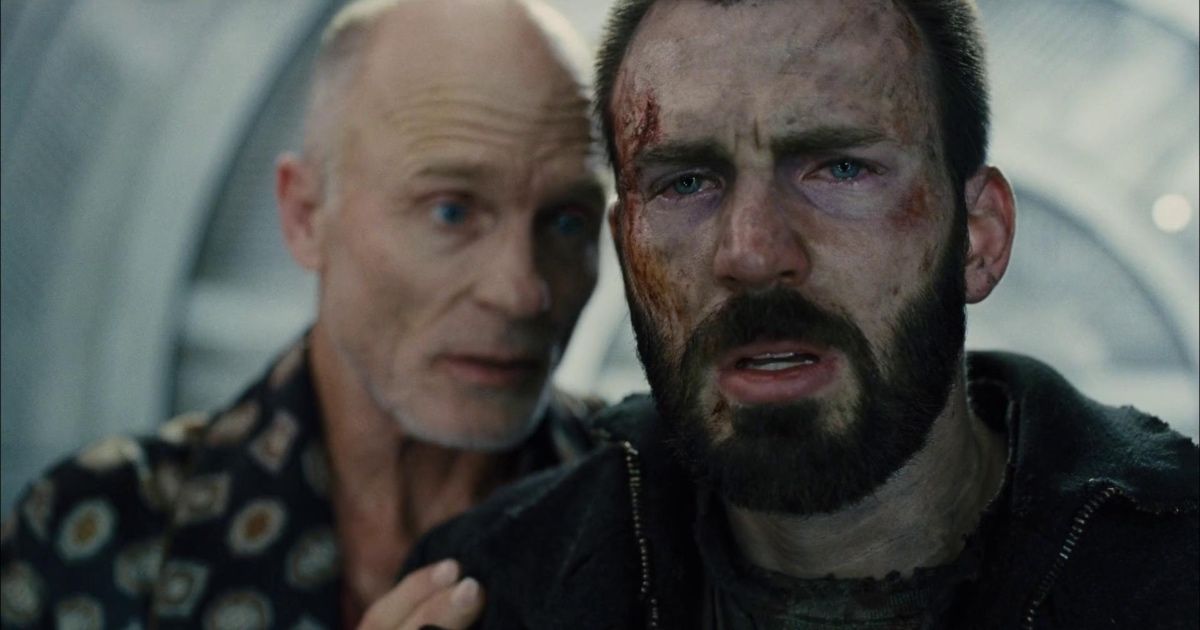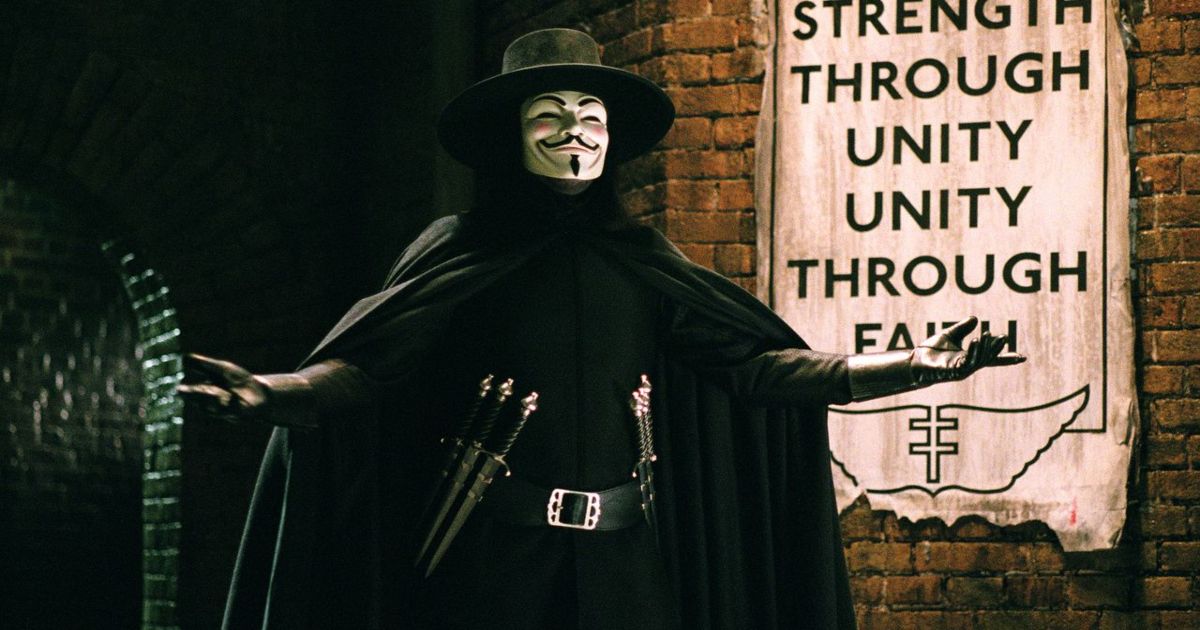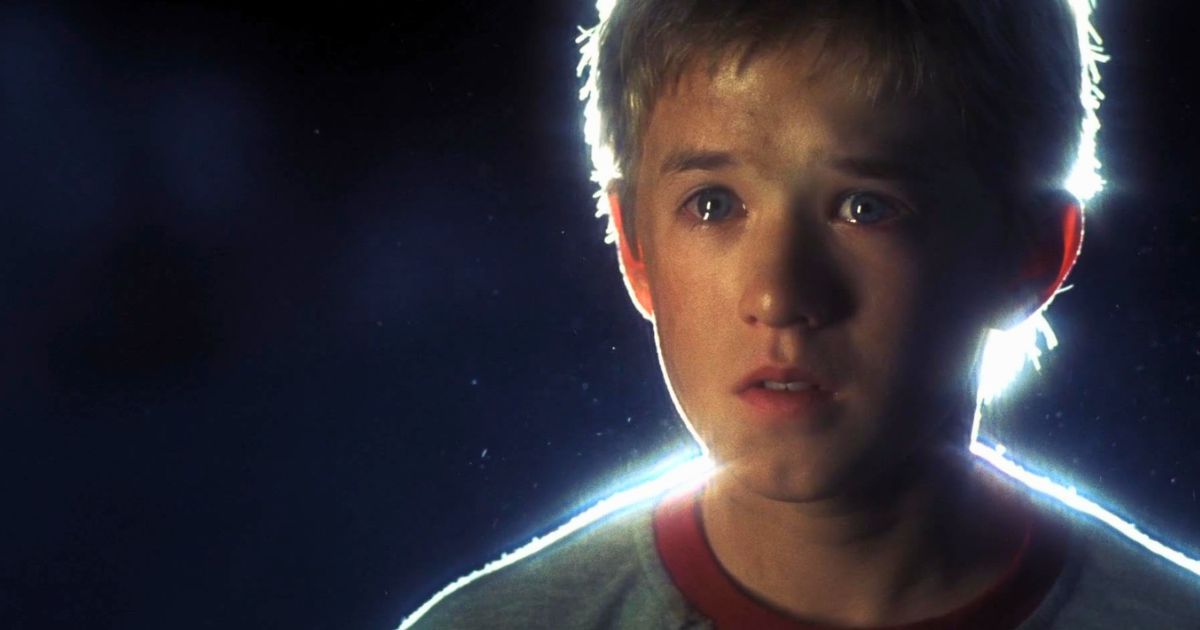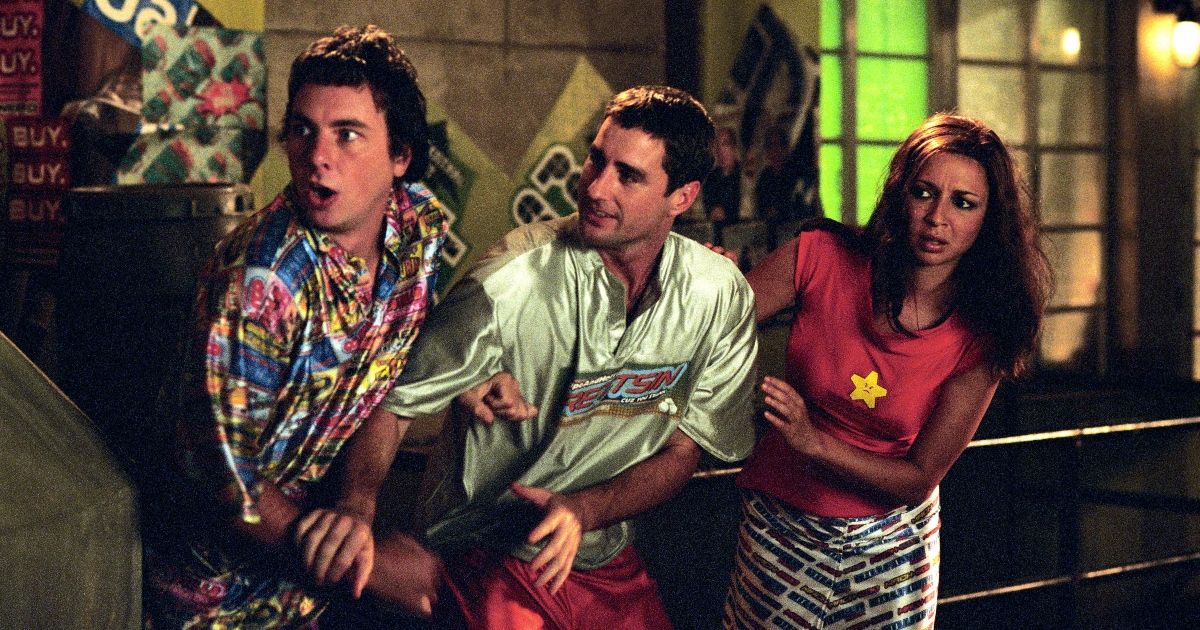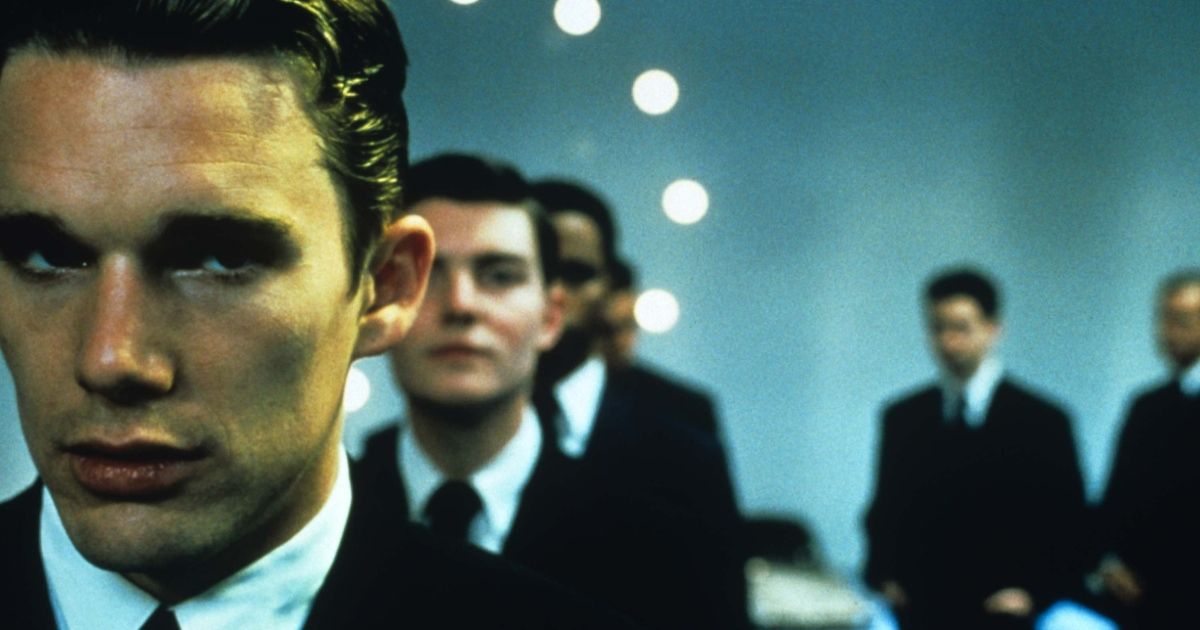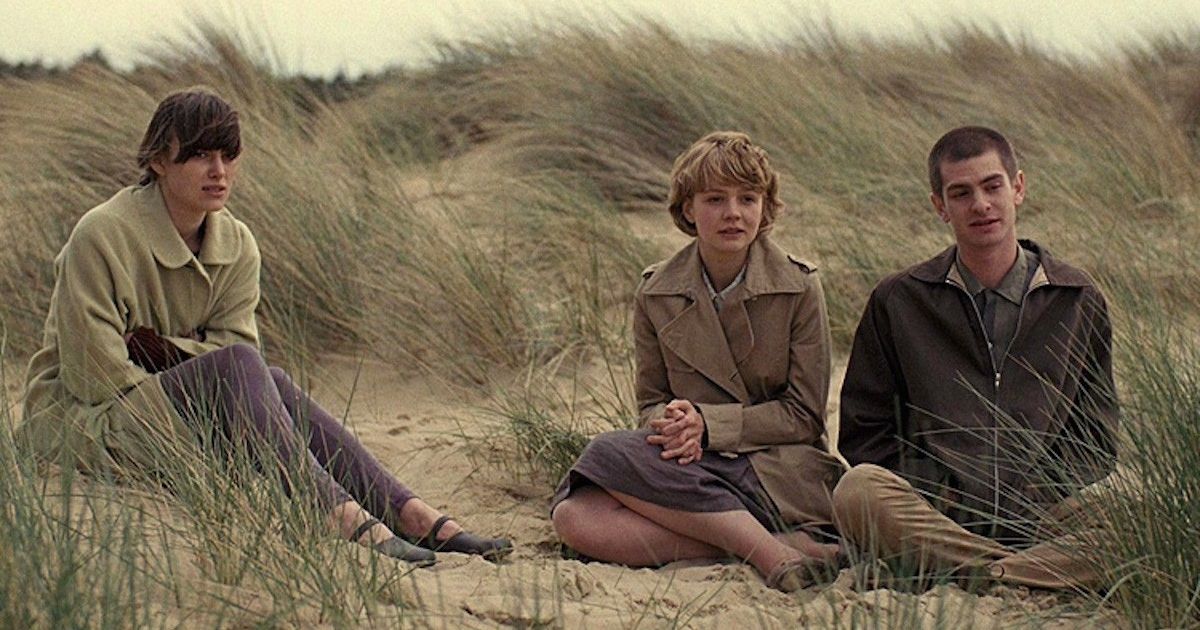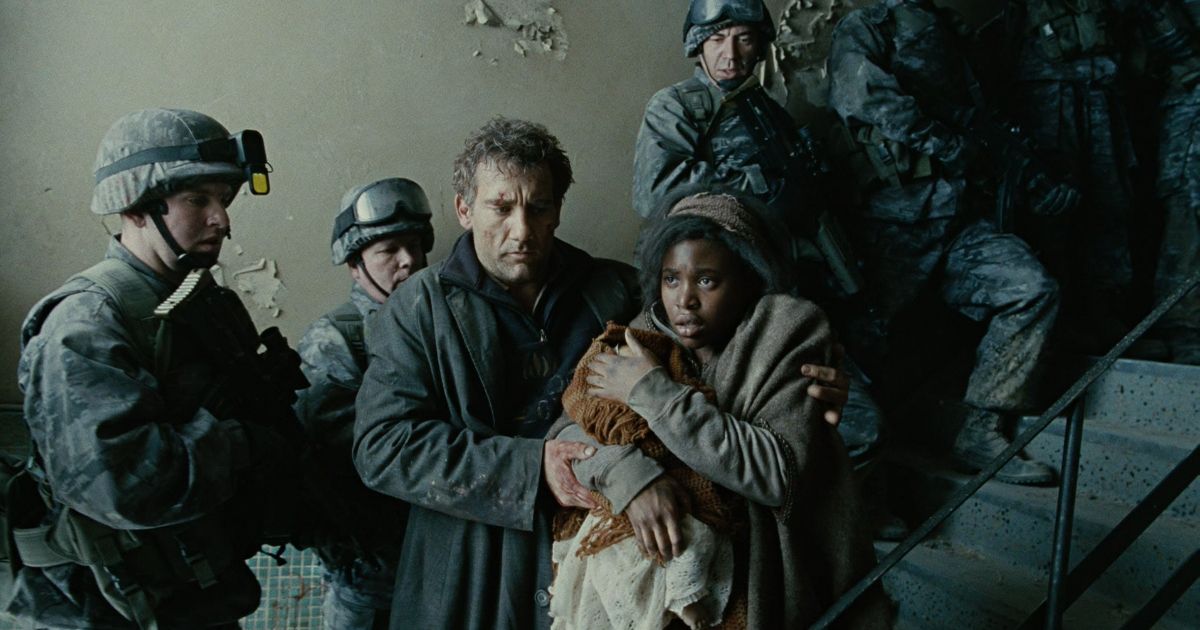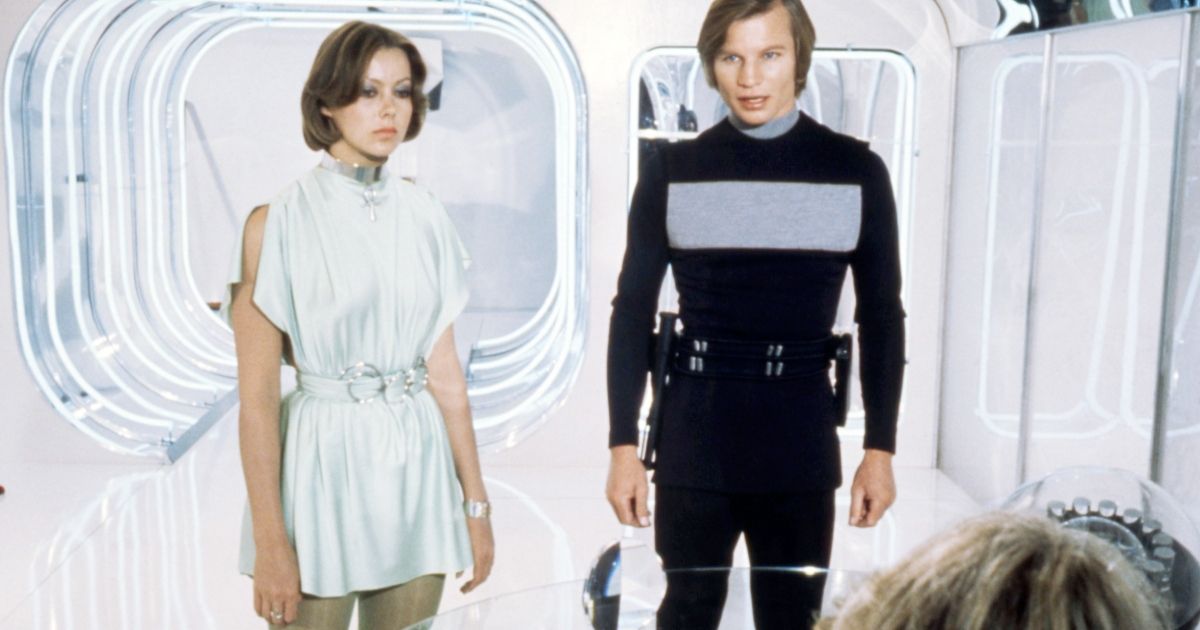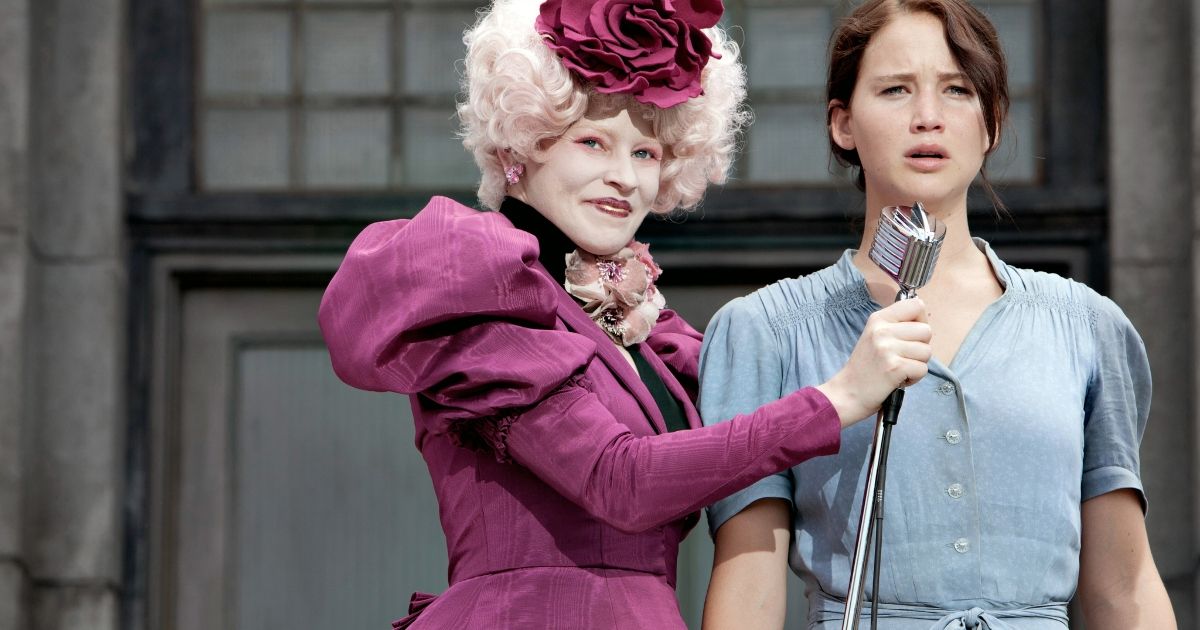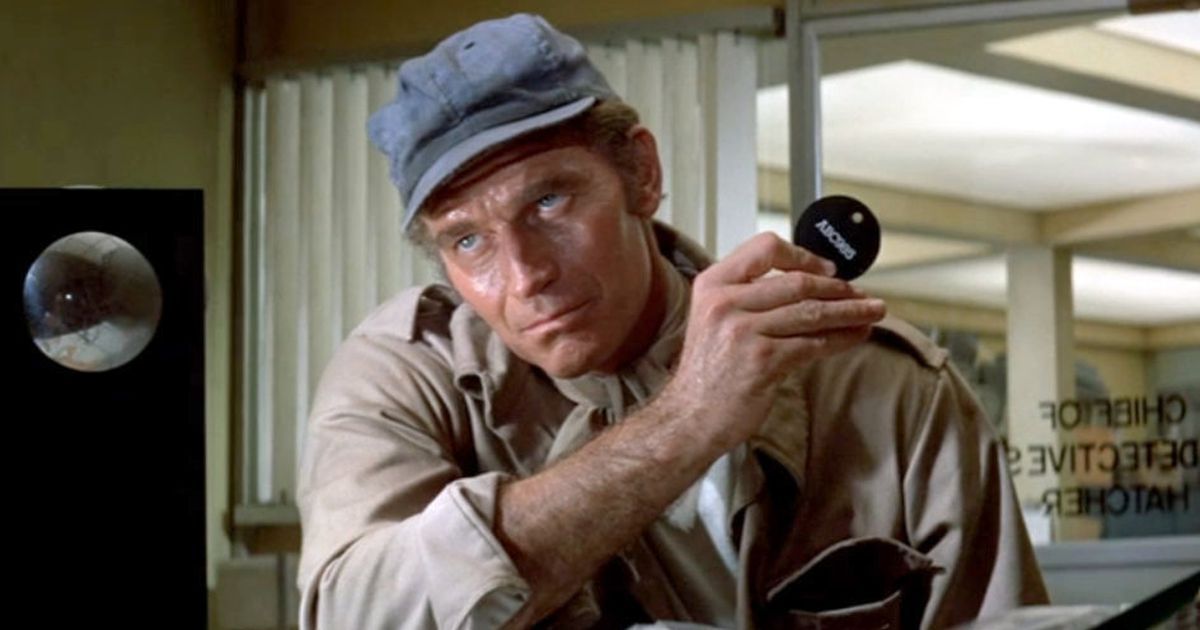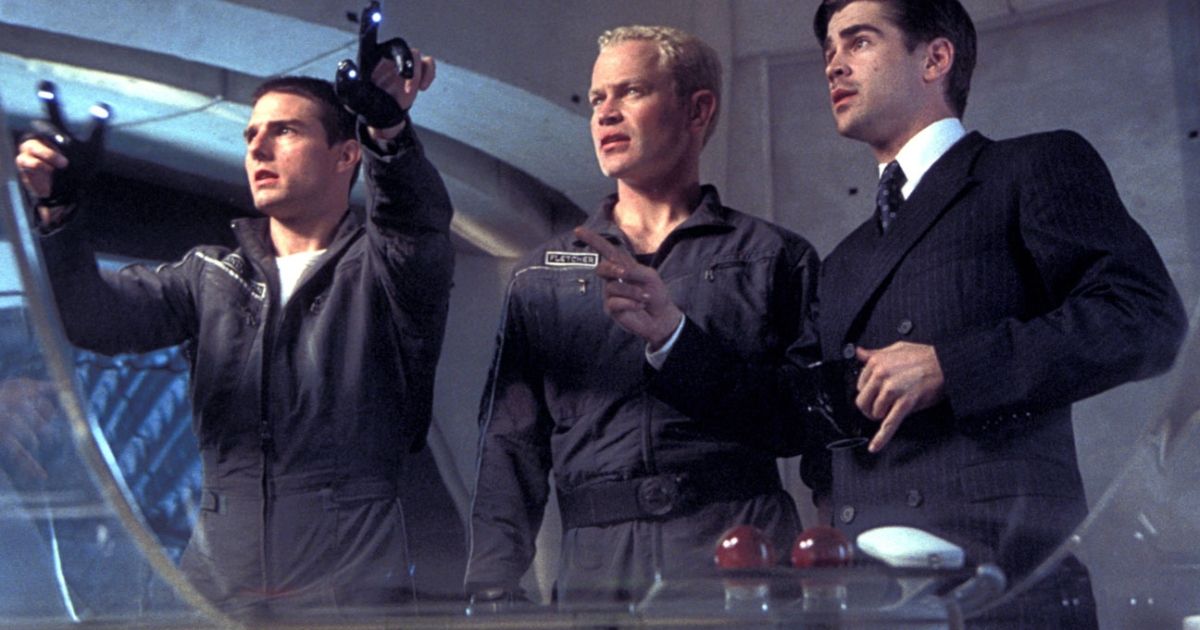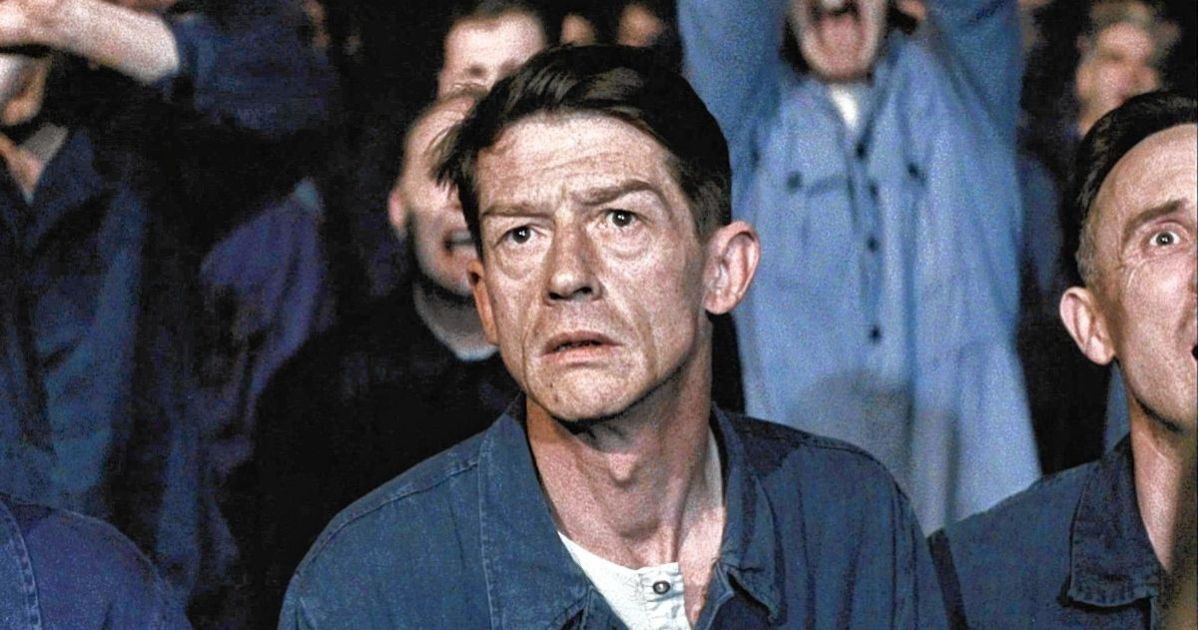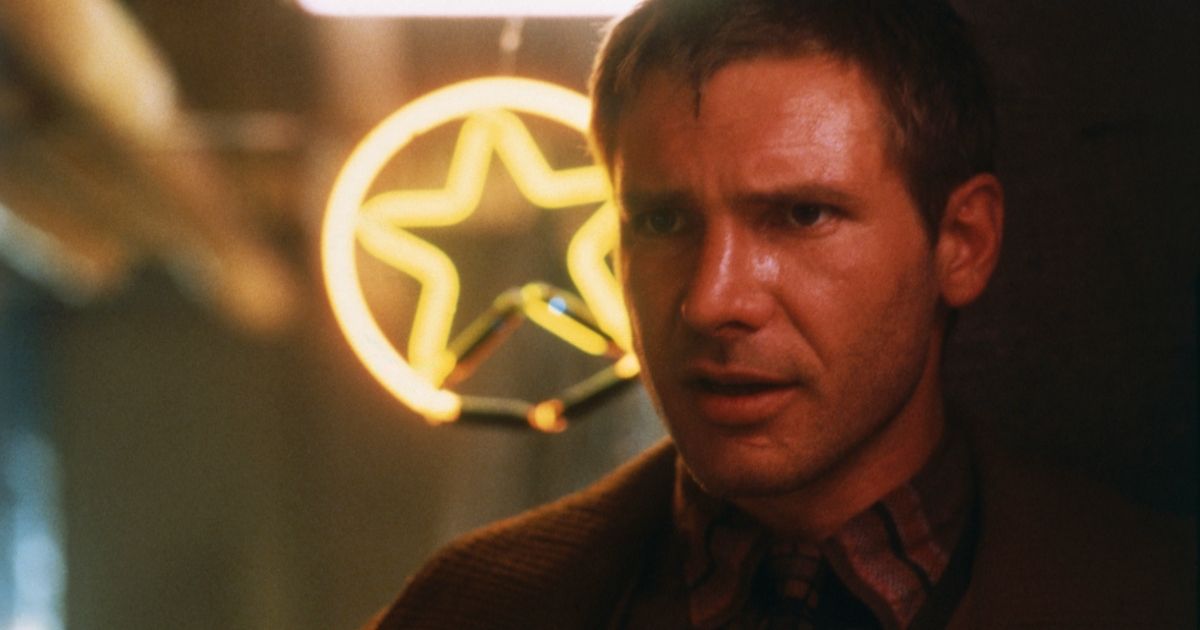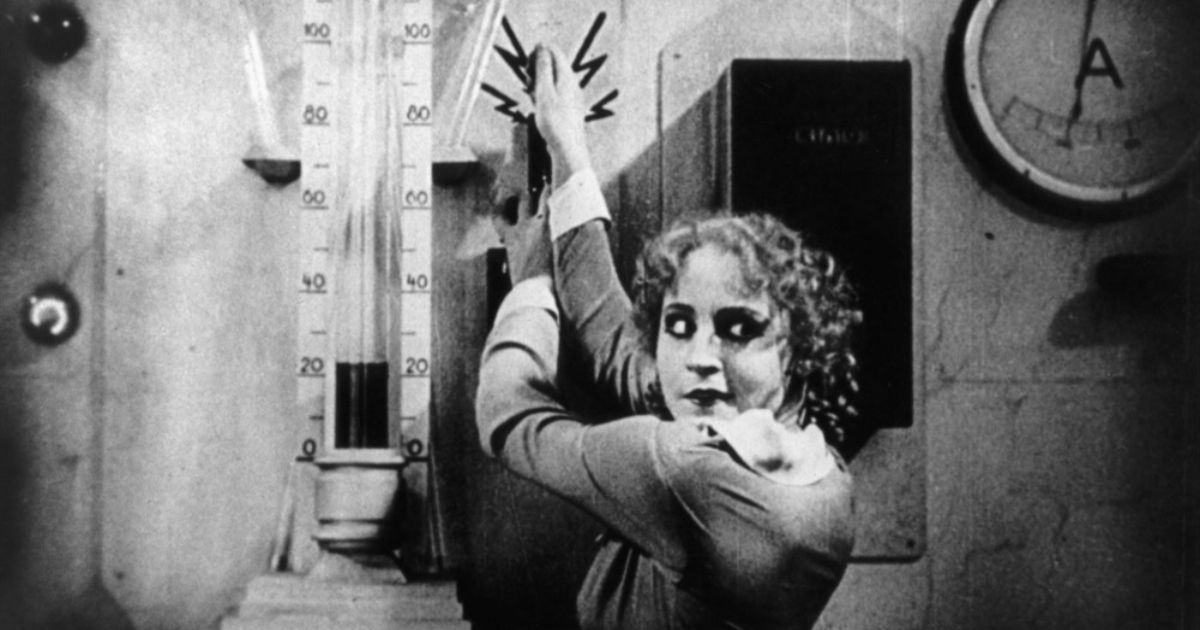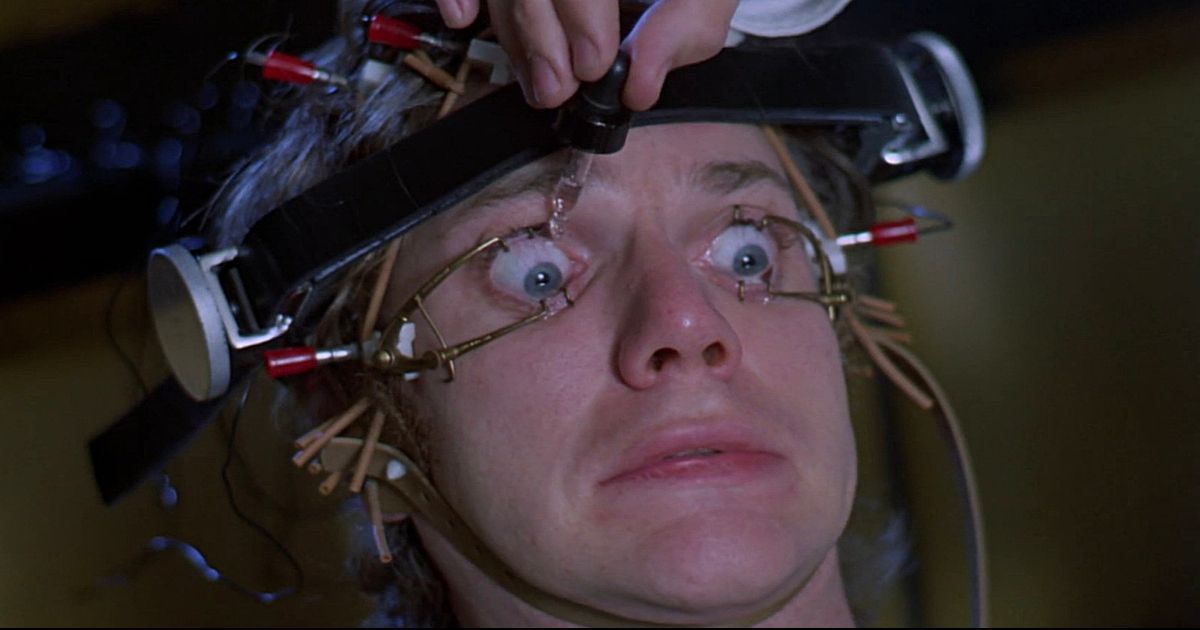The Oxford dictionary defines dystopian as “relating to or denoting an imagined state or society where there is great suffering or injustice, typically one that is totalitarian or post-apocalyptic.” That said, dystopian and post-apocalyptic films often get lumped together in the same basket. This is not entirely unfair as there are certain overlapping themes in each genre; however, they are not always mutually exclusive. Post-apocalyptic fare is usually set following the breakdown of civilization, usually due to war, disease, or famine, and almost always addresses a rebuilding of society. It is within the confines of these new societal norms that the dystopian themes take place, years or sometimes decades after the catalyst event.
Sadly, many comparisons can be made nowadays between our real-world society and dystopian film and TV, regarding issues ranging from bodily autonomy to widespread government corruption, which speaks volumes about the state of the world today. Despite the rather bleak picture of the future they may paint, dystopian movies have grown so popular they have become a genre of their own. In curating this list of the best dystopian movies of all time, we tried to focus on the above-mentioned definition and include films with a focus on suffering and/or injustice. Here are the best dystopian movies of all time, ranked.
Updated July 2023: If you enjoy watching mind-bending dystopian films, you'll be happy to know this article has been updated with additional content by Darren Gigool.
15 Snowpiercer
Engulfed in a post-apocalyptic scenario, Snowpiercer spins an enthralling narrative onboard a train that shelters humanity's sole survivors. This train becomes a dystopian microcosm by partitioning its inhabitants into the tail and front compartments based on their societal status and standing. An unabashed display of class inequality is echoed through the harsh disparity between the opulent front and the impoverished tail. A riveting social discourse concerning contemporary society plagued by inequality and climate upheaval emanates from the film.
Visuals both breathtaking and claustrophobic successfully convey the movie's themes of class conflict and environmental concerns. A stark class divide is highlighted by the juxtaposition of the pristine front portion and the poverty-stricken, nightmarish tail. An incessant blizzard beyond the train's confines stands as a stark warning of the environmental devastation wrought by mankind. Humanity's folly of taking nature for granted is demonstrated convincingly.
The film was brought to life with magnificent and heartfelt performances from Chris Evans and Tilda Swinton, which paired with director Bong Joon-ho's visionary storytelling made the movie an indelible cinematic journey. Joon-ho's distinctive style portrays a dystopian landscape that's simultaneously bleak and moving, with the performances adding a further layer of grimness to this reality. Critical acclaim greeted the movie for its inventive premise and captivating storyline. Positive reviews and a robust box office showing marked the film's reception, its dystopian portrayal striking a chord with viewers all across the globe.
14 V for Vendetta
V for Vendetta brings to life a dystopian England, groaning under a despotic regime's iron fist. The story swirls around the enigmatic 'V,' a rebel with a cause, and Evey, a young woman embroiled in the chaos, culminating in a fervent exploration of power, freedom, and identity.
Themes of autocracy, revolution, and individual liberty are intelligently explored by the film. The Norsefire party's iron rule in the movie embodies the harshness of autocratic governments, while V's pursuit of justice emphasizes the significance of rebellion and the chase for personal liberty. These themes engender a gripping storyline that not only has the audience hooked but also sends a chill down their spine.
It achieved a notable box office collection and maintains its status as a thought-stirring, dystopian classic that goes beyond its comic book roots. Memorable performances by Hugo Weaving as 'V' and Natalie Portman as Evey also bolster this movie. V for Vendetta boasts numerous powerful scenes featuring excellent acting. These elements endow the film with a dystopian yet inspiring message that audiences can rally behind, securing its position as a shining star in the dystopian film genre.
13 A.I. Artificial Intelligence
Pushing the boundaries of imagination and commanding our attention, A.I. Artificial Intelligence is a masterpiece directed by Steven Spielberg, set against the backdrop of a dystopian future drowned under the aftermath of a climate catastrophe. The narrative follows the emotional voyage of David, an advanced artificial boy imbued with the capacity to love, who finds himself forsaken by his human family and stranded in a society both intrigued and terrified by his kind.
This cinematic gem delves into the heart of what segregates humans from artificial beings. It compels the audience to ponder upon the implications if an android could experience emotions just like us. Probed deeply in this film is the exploration of artificial intelligence, as it dares to traverse the intricate landscape of human emotions. Displayed in David's journey is an intense scrutiny of the tangled nexus between artificial intelligence and mankind, throwing a spotlight on themes of identity, consciousness, and existential dilemmas.
Excelling under Spielberg's masterful direction, the film melds powerful performances with awe-inspiring visuals. The remarkable portrayal by Haley Joel Osment as David and Jude Law's subtly layered portrayal of Gigolo Joe adds substance to the film, rendering its dystopian reality strikingly unforgettable. The performances and masterful direction make it engrossingly cinematic, the movie possesses a unique plot that keeps viewers deeply invested, making it as thought-provoking as it is entertaining to view.
12 Idiocracy
Idiocracy is co-written and directed by Mike Judge and chronicles the story of average American Joe Bauers (Luke Wilson), who is selected as a test subject for the Human Hibernation program. Shortly after Bauer is frozen, however, the project meets scrutiny from the public eye and is long forgotten. Bauer who was intended to wake up in a year comes to 500 years in the future, where the world has become so stupid, he is by far the most intelligent person on the planet.
11 Gattaca
Gattaca is a neo-noir sci-fi thriller about a futuristic society driven by eugenics. In this not-too-distant future, children are no longer naturally conceived, but rather lab-created to harness the best genetic traits of their parents. As a result, genetic discrimination is rampant. Laboratory-engineered humans are seen as “valid” while those naturally conceived are seen as “invalid,” barring them from securing meaningful employment. Freeman’s genetic makeup prevents him from realizing his dream of space travel, so he buys the identity of a paralyzed “valid” (Jude Law) to get a job at the prestigious aerospace company Gattaca.
10 Never Let Me Go
Never Let Me Go is an adaptation of Kazuo Ishiguro’s 2005 novel of the same name. The dystopian tragedy is set in an alternate history and stars Carey Mulligan, Keira Knightley, and Andrew Garfield as three childhood friends who are confronted with the dark reality that they are clones, created only as organ donors for their wealthy counterparts. When the trio finds out about the possibility of a “deferral” that can opt them out of organ donation if they prove they are truly in love, their friendship begins to fall apart as they each vie to save themselves.
9 Children of Men
Children of Men is based on the P.D. James novel The Children of Men and is set in the year 2027, when human civilization has become infertile and faces extinction. It takes place in the U.K., which has become a police state overrun with refugees. The British Army curbs the flux in population by arresting or killing any illegal immigrants. When a woman miraculously becomes pregnant, Theo Faron (Clive Owen) is tasked with safely delivering her to The Human Project, a clandestine scientific group devoted to curing humanity’s infertility. The film won a slew of awards and has since been dubbed one of the best science fiction films of all time.
8 Logan’s Run
Logan’s Run is based on the 1967 novel of the same name by William F. Nolan and George Clayton Johnson. Set in the year 2274, Logan’s Run portrays a seemingly idyllic community whose citizens must endure a rite of passage called “Carrousel,” which they are led to believe will lead to reincarnation. The citizens are being sacrificed at the age of 30 to prevent overpopulation. Those who attempt to flee upon learning the sinister truth are deemed “runners” and tracked down by a team of “Sandmen” to return and fulfill their duties. Star Michael York recently discussed the film with The Hollywood Reporter in celebration of its 45th anniversary, saying that he almost turned down starring in the movie.
7 The Hunger Games
The Hunger Games is based on the book trilogy of the same name by Suzanne Collins. It follows Katniss Everdeen (Jennifer Lawrence) in a totalitarian future wherein members of the nation’s twelve districts are required to compete in a fight to the death every year, both for entertainment and as a sick form of punishment for a past rebellion.
6 Soylent Green
Set in the year 2022, Soylent Green depicts a grim future full of vast overpopulation, devastating food shortages, severe pollution, and poverty. In this bleak future, humans eat processed wafer-like food products called Soylent Red, Soylent Yellow, and the new and improved Soylent Green. While investigating the murder of a wealthy businessman, Detective Thorn (Charlton Heston) unwittingly stumbles upon the truth of what Soylent Green is made of — people. Per Den of Geek, the movie surprisingly adequately depicts 2022 in many ways.
5 Minority Report
In another Philip K. Dick adaptation, Minority Report stars Tom Cruise as John Anderton, the head of the Precrime police unit in which psychic technology is used as a means of crime prevention by arresting would-be murderers before they’ve committed their crimes. When Anderton himself is convicted of murder, it calls to question the validity of the Precrime department. The film was lauded with high-profile awards and praised by critics, with Roger Ebert calling it one of his favorite films of the 2000s.
4 1984
Based on the George Orwell novel of the same name, 1984 depicts a dystopian future in Britain, which is ruled by a totalitarian regime that utilizes a secret police organization, dubbed the thought police, to monitor its citizens for dissenters. The film follows the main protagonist Winston Smith, who works for the Ministry of Truth, rewriting history as Big Brother deems, and who meets someone sharing his opposing views of Big Brother, his co-worker Julia. When the two begin an illicit affair, they are eventually caught and made to pay for their thought crimes. The independent studio WIIP has optioned a stage production of 1984 into a five-part limited series.
3 Blade Runner
Adapted from a Phillip K. Dick novel, Blade Runner is set in a post-apocalyptic Los Angeles, where synthetic humans are exploited as laborers for space colonies. When a group of these humanoid robots also known as “replicants” escapes back to earth, they are pursued by police officer turned replicant hunter Rick Deckard (Harrison Ford). Blade Runner is one of the best dystopian films of all time due to its bleak vision of the future, wherein most animal life is extinct, the wealthy have fled, and humans are being bioengineered as commodities.
2 Metropolis
Metropolis is a German expressionist silent film decades ahead of its time and one of the first feature-length science fiction films in history. The film chronicles the great divide between the overexploited working class and the entitled elite. While the upper class enjoys a blissful and privileged life above ground, the working class slaves away in squalor below ground and operates as the heart of the grand city. When the wealthy son of the city master Feder falls in love with working girl Maria, the pair spark a revolution as they fight to bridge the gap and restore justice. Metropolis is a stunning visual masterpiece with a thoughtful message that can be summed up with its last chapter title: “The Mediator Between the Head and the Hands Must be the Heart”.
1 A Clockwork Orange
Based on the Anthony Burgess novel of the same name, A Clockwork Orange is set in a futuristic Britain under authoritarian rule and follows central character Alex De Large (Malcolm McDowell) and his droogs on their ultra-violent misadventures. After a falling out with his gang, Alex is captured and subjected to the controversial “Ludivico Technique,” a form of psychological conditioning intended to cull his violent impulses. The film is at once one of the most controversial films of all time while also a brilliant social commentary on the dangers of aversion therapy and the importance of free will with an astonishing performance by McDowell as De Large. Stanley Kubrick's A Clockwork Orange is a dystopian masterpiece and has amassed a cult following since its 1971 release.

